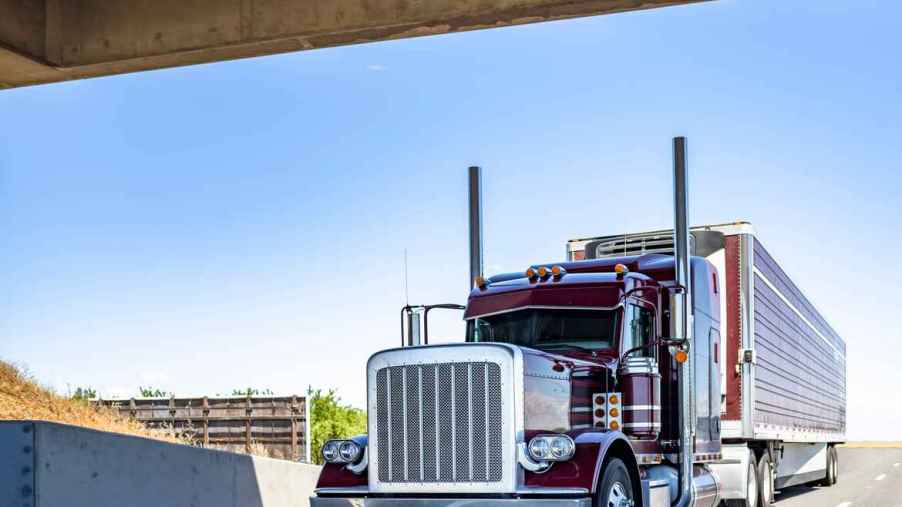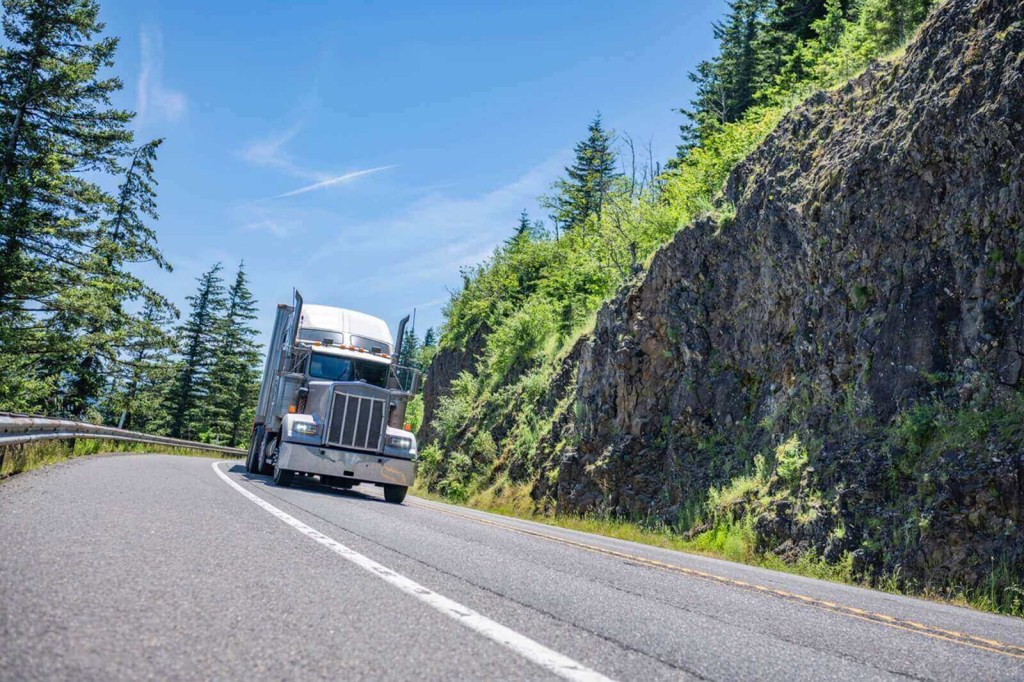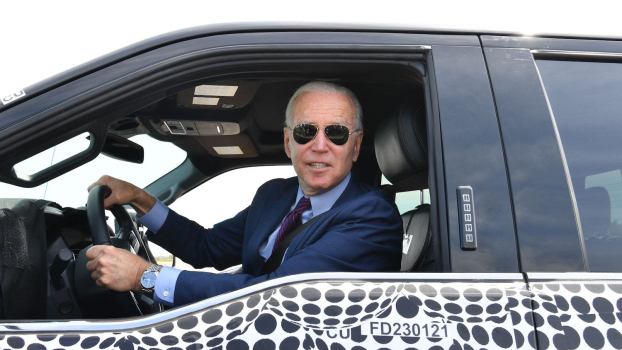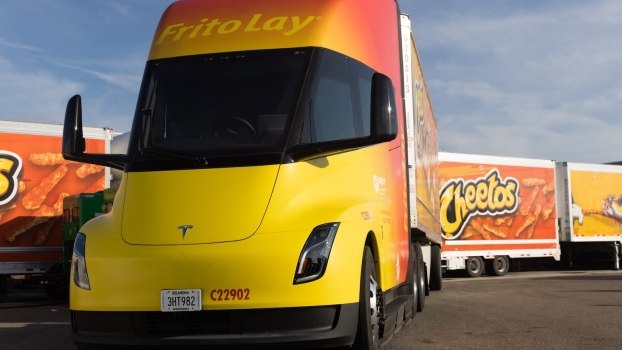
Truckers to Biden: Pump the Brakes on Electric Semis
In late March, the Biden Administration’s EPA announced new emissions standards for the trucking industry. This guideline could mean that 25% of long-haul trucks and 40% of medium-sized trucks are non-polluting vehicles by 2032.
These rules are drawing a ton of criticism from truck drivers and trucker trade groups around the country. The Owner-Operator Independent Truck Drivers’ Association Tweeted an especially fiery hot take that’s enjoyed a lot of airtime. “This administration seems dead set on regulating every local mom and pop business out of existence with its flurry of unworkable environmental mandates.”
In an official statement, the Association explained exactly how harmful such a regulation could be for truckers and the businesses that employ them.
“Ninety-six percent of trucking is made of small businesses, which are sensitive to market conditions and frequently operate on very tight margins … Nearly every consumer good is transported by truck at some point. Small business trucking is the backbone of America’s supply chain as evidenced by truckers’ ability to keep our supply chain functional during the worst of the COVID-19 pandemic…The rule directly applies to manufacturers, so EPA does not particularly study (or care) about the impacts for the small-business consumer. This siloed, shortsighted, bureaucratic approach to policymaking has resulted in a regulation that not only diminishes consumer choice, but could also have devastating repercussions on our supply chain.”
Todd Spencer, the president of the Owner-Operator Independent Drivers Association
Todd Spencer may be right. Electric semi trucks are available. But I suspect the Tesla semi can’t haul anything heavier than potato chips for more than 100 miles. Even if hydrogen fuel cell semi trucks are available soon (a big “if”), having to convert their fleets will put many companies out of business. And those that can survive may not save much in fuel costs: it just takes a ton of energy to push a semi truck loaded with cargo down the road–no matter where that energy comes from.
I hate to imagine the end of long-haul trucking as we know it. My dad was a truck driver. My brother-in-law was a truck driver. Driving of some sort is the most common job in this country. And telling my grandkids about a distant time when long-haul truckers ruled the road sounds like a very sad bedtime story. I completely see why truckers are asking Biden to pump the brakes on these regulations.

But here’s the sad truth: it makes no sense to have four million semi trucks on the road. It makes no sense for all those trucks to fill up with freight and beat up our highways while dragging it across the country. We should be using trains for long-haul transport. No matter the fuel source or emissions laws, it just makes more sense. Long haul trucking was only viable for the few decades that roads were good and gasoline was cheap. But the easy wells have dried up. That era has passed.
We will still have truckers driving local routes and making deliveries for decades–likely in cheaper electric vehicles. But the era of long haul trucking has been dying for years. Why do you think the margins are so tight today? Why are only small business owners investing in the industry?
It does break my heart to see truck drivers on the news, sad their career is in jeopardy. And I understand exactly what groups like OOIDA are saying. But this isn’t a problem that any politician alive today created. And whatever promises you hear, there’s nothing any of us can do to protect long-haul trucking for more than a few years.
Next, see CNBC’s deep dive into the current state of the trucking industry in the video below:





